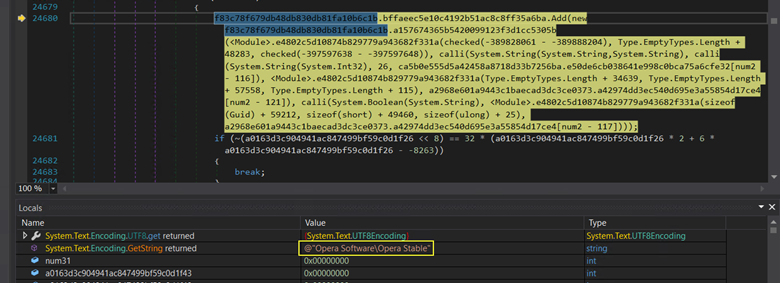There exists, in this world of ours, a term describing the public release of a person’s identity against their will online. It’s called doxxing—Internet-speak for publishing docs, or documents—and it has quickly gone from an obscure Internet term to a tool for digital intimidation. And it can be quite nasty.
Those seeking the identity of someone online with whom they disagree for either ideological or political reasons often employ doxxing. For example, a recent scandal in the video game community compelled a mob of gamers to dox Zoe Quinn. Quinn was publicly harassed and abused for publishing a video game that deals with the issues of depression and, according to her aggressors, for allegedly having an affair with a video game journalist. Personal details including her phone number were released. She received sexually explicit phone calls. Personal details like her home address were released as well. She fled her home fearing for her safety.
So, yes, doxxing, though rare for many, can be a frightening and potentially dangerous affair.
That said, how would one protect oneself from doxxing? Outside of living in the woods without an Internet connection, it’s best to start with one of the most popular tools cybercriminals use for doxxing: data brokers.
A data broker is exactly what it sounds like: a service online that collects data, assembles the data into readable parts, and sells the data to a buyer. For doxxing, data brokers often collect different pieces of information, like names on social networks, phone numbers associated with a household and addresses to construct a profile of a person. Most of the time they’re accurate. And for $20, more or less, a person can buy the data detailing someone else’s life.
But it doesn’t have to be that way. Most data brokers have an opt-out program to remove your information from their servers. Computerworld’s Ken Gagne has written an excellent breakdown of how to remove your sensitive information from data broker websites (in most cases it only requires you to fill out a few forms).
Hackers don’t exclusively use data brokers to dox people online. In most cases, hackers can identify a person by simply conducting an online search for their name and any social media and forum accounts associated with it. From there it’s a simple process of piecing together a portrait of the victim. They can also conduct a search on WhoIs.com to identify the owner of any particular website.
Tips to Avoid Doxxing
But the methods behind doxxing depend on one crucial point: easily available information. You can, with a good deal of diligence, make things very difficult for the would-be doxxers out there. Here are some tips:
- Use as little personal information as possible. The most important aspect of keeping yourself safe online is to know where your information is stored, and how easily-accessible it is. To cut down on the easy access part, minimize your social media profiles to only essential details and set your profiles to private. You should also consult the Computerworld article referenced above for a list of websites that may contain your private information (and details for removing it).
- Use at least two emails. Use a different email account for different types of websites to make doxxing a more difficult endeavor for hackers. Using one account for social media and another for gaming or other online activities can reduce the odds that your name becomes associated with any single handle.
- Bear malware in mind. Not many doxxers employ malware to expose victims, but hackers do, and they’re often after the same prize: your data. Protect yourself from hackers with comprehensive security for all of your computers, smartphones and tablets with McAfee LiveSafe™ service.













